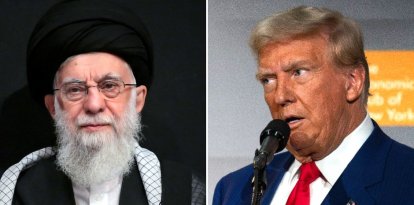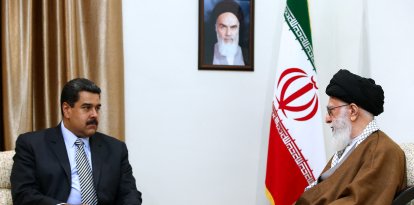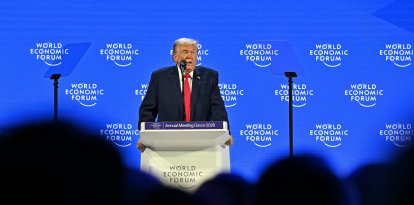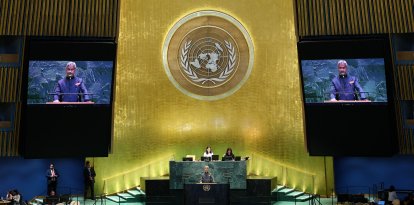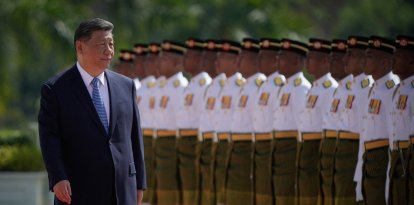The four key men in Trump's tariff strategy: Divergences and positions
Musk, Navarro, Bessent and Lutnick are the main figures in the president's ear. We analyze their statements and track records on economic and international trade issues.
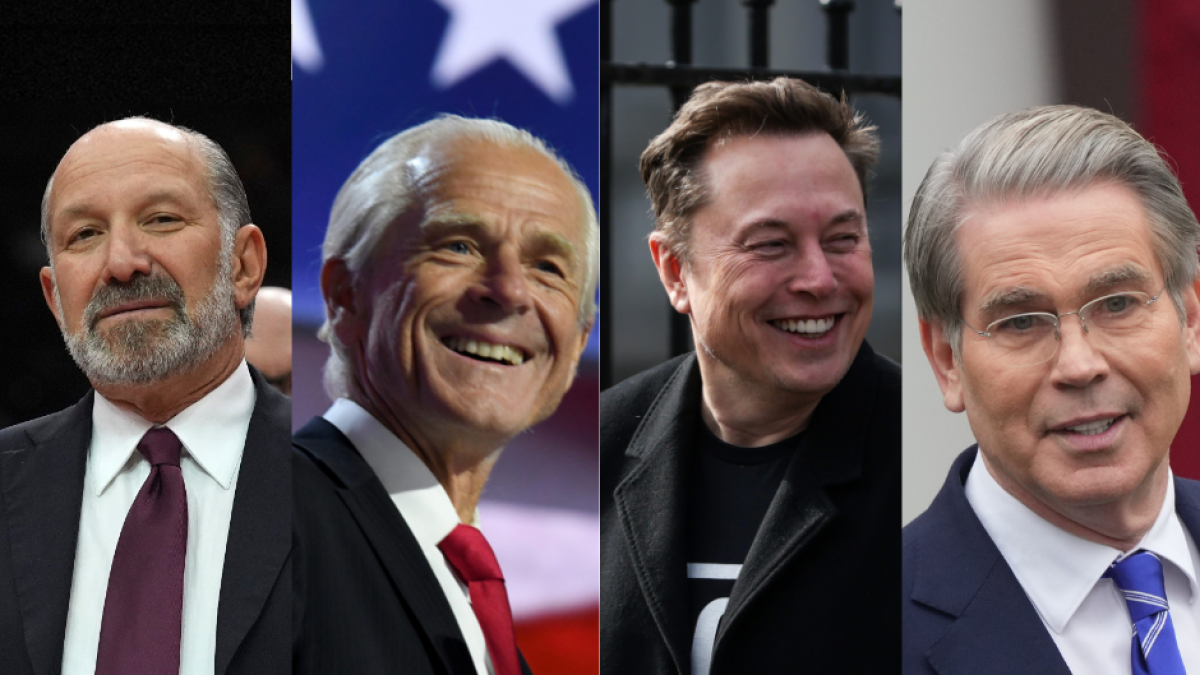
VOICE Design
"Dumber than a sack of bricks," Elon Musk tweeted this morning, referring to Peter Navarro, President Trump's top advisor on trade material. The clash of ideas between two opposing economic visions is becoming increasingly public. Amid the White House's announcements to raise tariffs on virtually every country, the world is watching the various statements intently, trying to decipher the administration's trade strategy.
Is it a strategy to get tariffs lowered, or is the intention to make tariffs fixed and protect the domestic industry in the long run? Which side is President Trump on, with Navarro's ideas or Musk's economic freedom?
It's not easy to read the administration's underlying strategy or predict how the tariff issue will end. Still, it's clear that the president's top advisers are vying for different paths. Below, we analyze who are the men who are talking in Trump's ear, and publicly, about tariffs and what their positions are.
Peter Navarro
When Navarro was announced as President Trump's senior advisor for trade and manufacturing in his second term, it was clear that a new period of strong tariffs was coming. The Harvard University economist who served during the first administration as director of the Office of Trade and Manufacturing Policy has always been strong in this area.
Navarro was, in fact, one of the leaders of the "America First" economic strategy during the first administration. His focus was always on criticizing the trade deficit and, particularly, China's trade practices. He also strongly advocates for protecting the domestic industry through tariffs and claims that China is the worst threat to the manufacturing industry.
Navarro has also been outspoken against globalization. He claims globalization has been a "job destroyer for American workers." Instead of "free trade," he advocates "fair trade."
In recent days, Navarro has openly said he disagrees with the idea of zero tariffs, asserting that it is misguided. The adviser sees tariffs as a long-term measure to raise money to fund what this administration has called "the biggest tax cut in history."
Howard Lutnick
Lutnick is the current secretary of commerce, and while he does not have a history of defending international trade barriers, he has been one of the loudest voices in recent days asserting that the tariffs being imposed are not a strategy to negotiate but a measure that will stick.
The secretary of commerce has been a leading figure on Wall Street for decades. At just 29, he became Cantor Fitzgerald's CEO and then Newmark's executive chairman. To many, he is an authority figure in finance and trading. As a figure in the stock market and financial world, it is easy to place Lutnick during his career broadly as a free trade advocate; however, since joining President Trump's team his positions appear to have moved towards a strong advocacy of tariffs as a way to control the deficit and protect the domestic industry.
Recently, when questioned on whether the tariffs are a strategy or a policy that will stay in place over time, Lutnick said: "There is no postponing. They are definitely going to stay in place for days and weeks. That is sort of obvious. The President needs to reset global trade. Everybody has a trade surplus, and we have a trade deficit. We are paying away our future and our lives. The countries of the world are ripping us off, and the President has made it crystal, crystal clear. This is the policy we are going to protect."
Scott Bessent
Trump appointed Bessent as secretary of treasury. He has a long career as chief investment officer and manager of funds. He was the chief investment officer of the Soros Fund and is known for founding and running Key Square Group, a private investment firm. Like Lutnick, Bessent's career in general can be described as that of a free-trade advocate investment man.
His experience and knowledge of the global financial system have made him a strong advocate for the freedom to trade, and he even speaks openly about how tariffs distort markets, destroy global supply chains and negatively affect economic growth. Throughout his career, he has also pointed out that high tariffs can hurt consumers by increasing prices and reducing a country's competitiveness. However, during his extensive journey in the financial world, he has, on several occasions, emphasized the usefulness of certain tariffs to favor the national economy without resorting to protectionism.
While Navarro and Lutnick repeat in the media that the tariffs imposed by President Trump are not a negotiating strategy, Navarro even speaking openly of his intention for them to remain and that it would be wrong to get to zero tariffs, Bessent's position has always been pointing to a negotiation. This Tuesday, he said he expects several agreements to be reached with different countries "very quickly."
"I think you're going to see some very large countries with large trade deficits come forward very quickly (...) If they come to the table with solid proposals, I think we can end up with some good deals," Bessent said.
Elon Musk
Musk came to the Trump administration after joining in the final stretch of the presidential campaign and playing a pivotal role in buying Twitter, thereby securing a space where MAGA voices could reach millions in just minutes. Musk has had a huge influence in the early months of this administration, the idea of a Department of Government Efficiency was actually his own initiative, and came about in a podcast in which the billionaire interviewed the president and put his ideas on the table on economic matters, ideas quite in favor of the free market. Musk has been a prime mover in cutting spending and bureaucracy, an idea that has already become a main pillar of this administration.
The tariff issue is not the first major public fight he has decided to take on in the few months of this administration. He recently took on several major government figures in X defending H-1B visas intended for highly skilled foreign workers. He even said he was willing to go to "war" to defend this type of migration.
During these days of tariff announcements, the only one who has publicly disagreed with Navarro's view is Musk. Musk has used his X account to talk about the benefits of free trade, even posting the famous Milton Friedman video of the pencil, in which the economist explains the importance of freedom to trade.
"At the end of the day, I hope that Europe and the U.S. ideally move towards a zero-tariff situation, effectively creating a free trade zone between Europe and North America," he said recently, making clear his pro-market stance.














